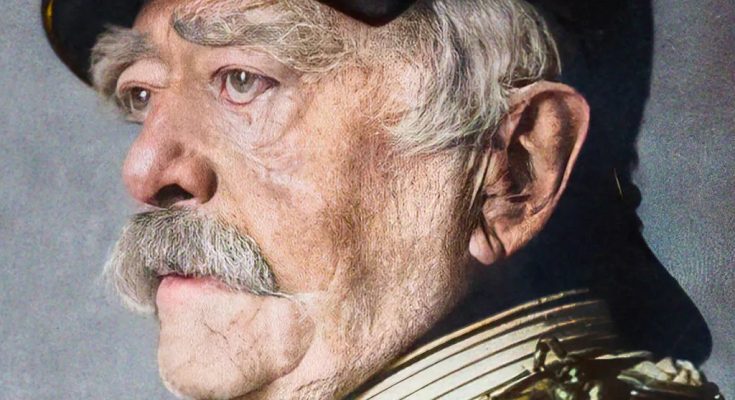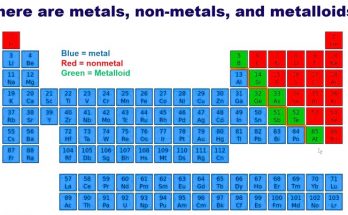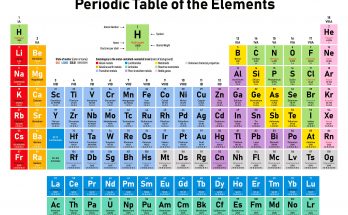Otto von Bismarck, a key figure in the unification of Germany, was the chief minister and the architect of this nation-building process. Here’s a detailed overview
Table of Contents
Background-
- Post-1848, European nationalism shifted from its democratic and revolutionary origins to a more conservative approach, focusing on state power and political domination.
- Middle-class Germans harboured nationalist sentiments, seeking to unite the German confederation’s regions into a single nation-state with a parliamentary government. However, this move was suppressed by the monarchy, military, and Prussian landowners known as Junkers.
Rise of Bismarck-
- Otto von Bismarck emerged as the leader of the movement for German unification, serving as the chief minister of Prussia.
- He skillfully used the Prussian army and bureaucracy to steer the unification process.
Otto von Bismarck, known as the “Iron Chancellor,” was the Prussian statesman who masterminded German unification. Serving as Prime Minister, he skillfully used diplomacy and wars against Austria and France to consolidate German states under Prussian leadership, ultimately proclaiming the German Empire in 1871. His Realpolitik approach significantly shaped modern Germany’s political
Strategic Wars-
- Bismarck orchestrated three significant wars over seven years against Austria, Denmark, and France.
- These conflicts concluded with Prussian victories, paving the way for German unification.
Proclamation of the German Empire-
- On January 18, 1871, William I, the King of Prussia, was proclaimed the German Emperor in a ceremony at the Palace of Versailles, marking the culmination of the unification process.
Impact on Germany-
- The newly established German state focused on modernising its currency, banking, legal, and judicial systems.
- Prussian administrative measures set a standard for the rest of Germany, emphasising efficiency and rationalisation.
Bismarck’s Legacy-
- Bismarck’s role as the architect of German unification demonstrated the power of Prussian statecraft and its influence on the broader German nation-building process.
- His policies and diplomatic strategies laid the foundation for the creation of a unified German state, altering the political landscape of Europe.
Also Check – The Role of Women in Nationalist Struggles – Short note
Also Check – The Frankfurt Parliament
Also Check – Giuseppe Mazzini – Italian Revolutionary thinker
Also Check – Giuseppe Garibaldi- Italian freedom fighter
Also Check – Count Camillo de Cavour
Also Check – The Rise of Nationalism in Europe- 39 Mcqs
Also Check – The Rise of Nationalism in Europe – Class 10 – Notes
Also Check – Otto von Bismarck- Architect of German Unification
Also Check – Briefly trace the process of German unification
Also Check – Napoleon and the Napoleonic Code- Impact on European Societies and Legal Systems
Also Check – Why did Nationalist Tensions Emerge in the B
Also Check- Bismarck is still the GOAT-The Iron Chancellor reshaped a continent in his image.


